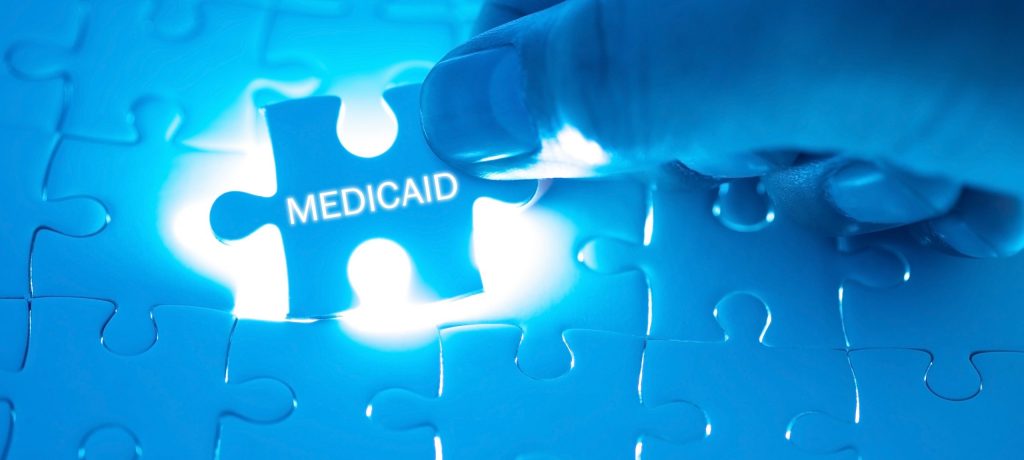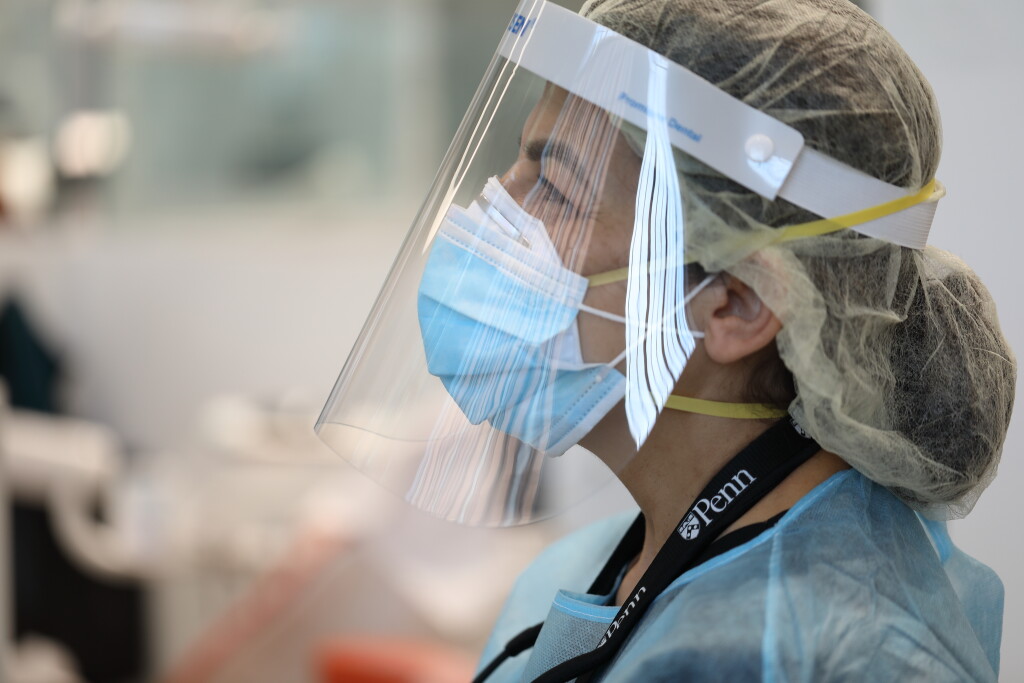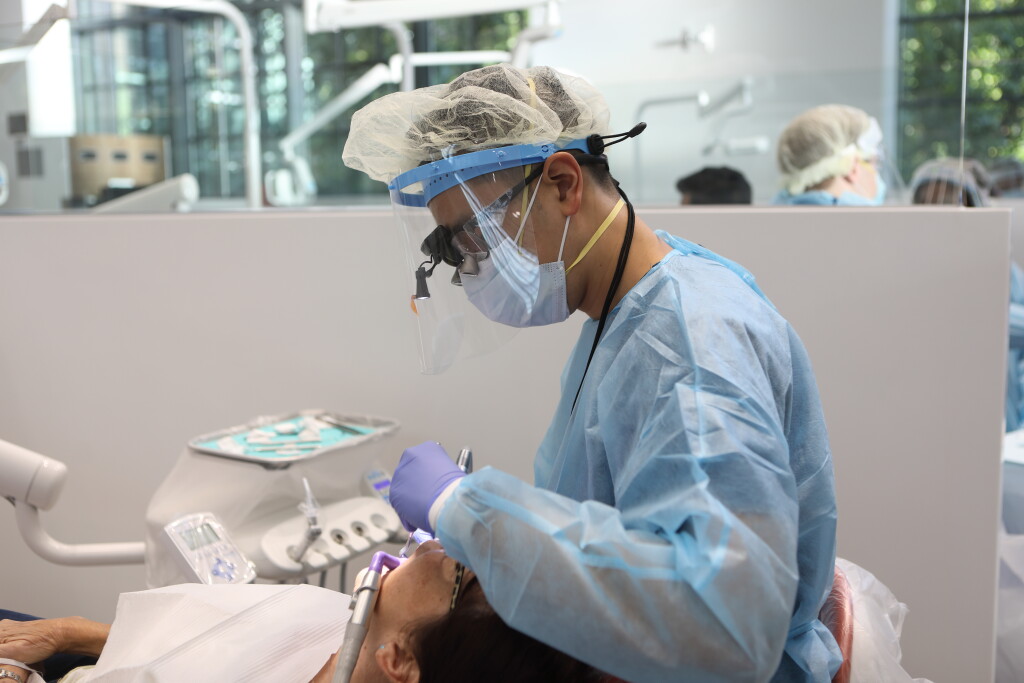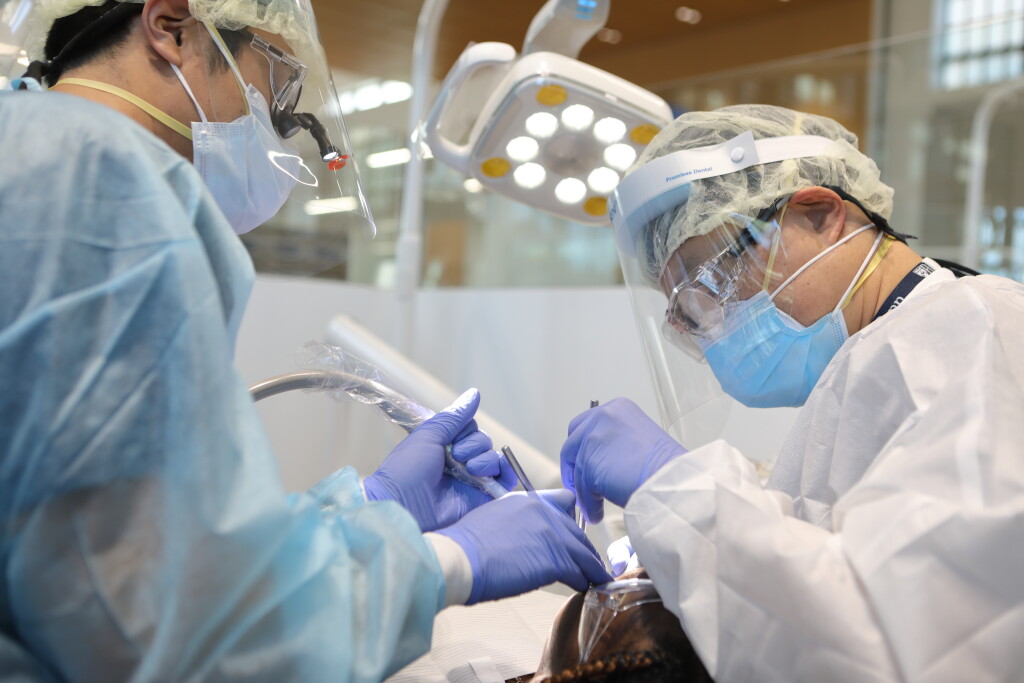Information Library
Start Reading

Optimal oral health is essential to your overall health and well-being. Routine dental care, including regular visits to the dentist, helps ensure your dental health remains in top condition. Unfortunately, some people will delay a needed dental procedure or avoid going to the dentist altogether.
Despite the physical and psychological costs of poor oral health, many patients’ top concern is what having dental work done could mean for their budget. In particular, patients who rely on a Medicaid plan may wonder, “Does Medicaid cover dental work?”

Here at Penn Dental Medicine, we understand concerns about getting affordable, comprehensive dental care. We know getting clarity on what Medicaid covers and doesn’t cover in Pennsylvania, as in other state Medicaid programs, can feel frustrating and overwhelming. For these reasons, we help our patients explore their payment options, including how best to take advantage of their PA Medicaid dental benefits.
To help you better understand what dental services your Medicaid coverage includes, we’ve prepared this brief overview. We’ll give you the information you’ll need to get the most support for your and your family’s dental health out of your PA Medicaid plan.
Medicaid in Pennsylvania, also known as Medical Assistance, is generally available to individuals in these categories who meet certain income and other eligibility requirements:
Specific eligibility factors include:
For the most up-to-date information or for help determining your Medicaid eligibility in Pennsylvania, visit Benefits.gov or the Commonwealth of Pennsylvania’s Department of Human Services.
The answer to the question “Does Medicaid cover dental work?” depends first on your Pennsylvania MA eligibility. Assuming you meet the program’s requirements, Medicaid may indeed cover certain dental services.
All states, for example, are required to provide dental benefits to children covered by Medicaid and the Children’s Health Insurance Program (CHIP). Covered services include:

Children may be eligible for additional dental treatments depending on their specific Medicaid plan and benefit limit.
Individual state Medicare programs choose whether to provide dental benefits to adults. According to the Centers for Medicare & Medicaid Services (CMS), ”While most states provide at least emergency dental services for adults, less than half of the states currently provide comprehensive dental care.”
In Pennsylvania, Medicaid-covered dental services for adults are those dictated by medical necessity, including:
Medicaid limits diagnostic and preventive services to once every 180 days per adult recipient. Additional evaluations, cleanings, and dental procedures, including root canals and crowns, require approved exceptions.
You may have questions about whether medicaid in PA covers dentures and implants. Here are your answers:
Still, as you can see, Medicare does cover dental work for children and adults to a large degree here in Pennsylvania. The best way to find out your exact dental care options under Pennsylvania Medicaid is to reach out to your local County Assistance Office (CAO). If you don’t yet have Medicaid, you’ll need to apply. After applying, you should ask specifically what dental services you are eligible to receive.
Regular dental care is crucial to promoting positive oral health and overall health. At PDM, we do all we can to keep financial cost from being a barrier to the services they need and deserve.

We work with patients in lower-income areas and in other underserved populations to help make comprehensive dental care available, easier to understand—and more affordable.
PDM makes sure we advise each of our patients about the estimated cost of their recommended dental work. Our student dentists will help answer any questions you may have about treatment costs prior to treatment.
In addition to accepting direct payments from most dental insurance plans, PDM accepts all Medicaid plans offered to residents of Southeastern Pennsylvania.
Do you want to know more about finding low-cost, high quality dental care? Request your free copy of our eBook, Dental Work Without the Stress. It will help give you peace of mind about receiving important dental treatment, as well as handling their financial cost.